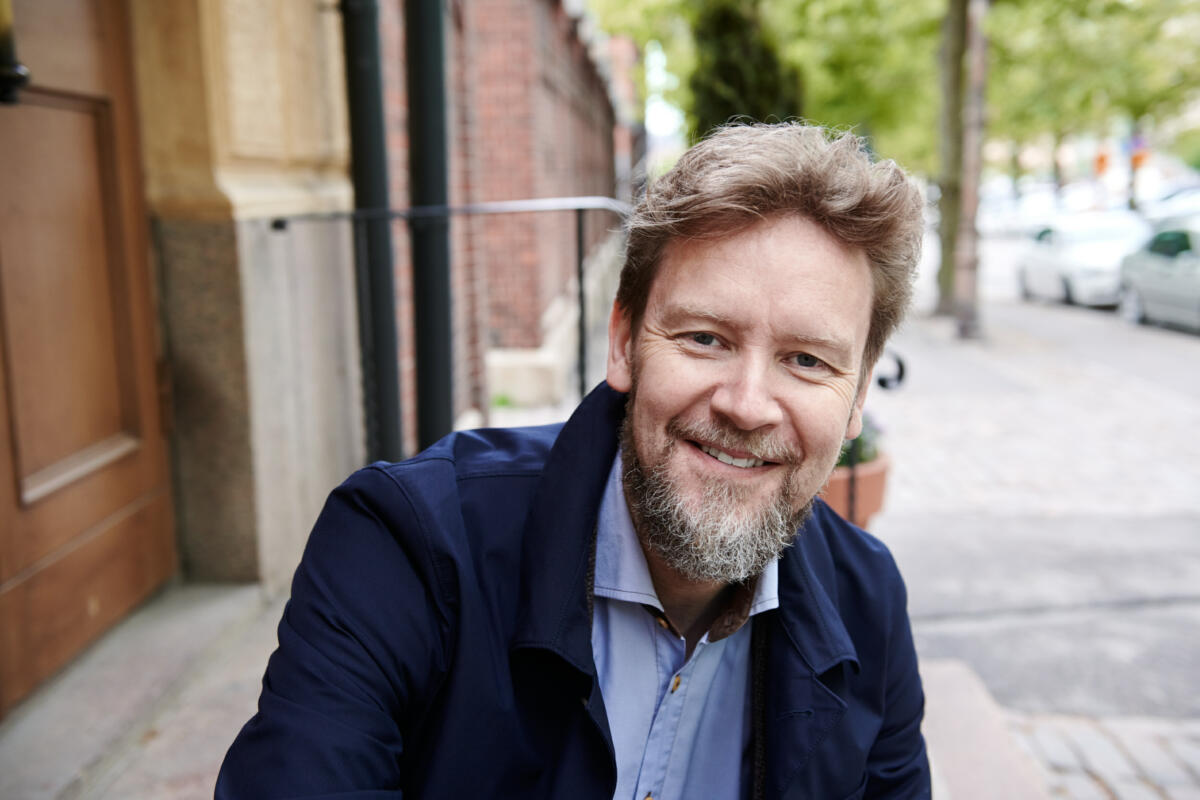Uniarts Helsinki’s statement: The significance of the creative and arts sectors must be acknowledged in R&D funding
Uniarts Helsinki submitted a comment on the Government’s multi-year plan concerning the use of research and development funding. In its statement, the university noted that the plan should acknowledge the significance of the creative and arts sectors more extensively when it comes to R&D funding. Rector of Uniarts Helsinki Kaarlo Hildén emphasises that there is significant potential in the creative sector and in the arts to give rise to new ideas and increase immaterial value creation and productivity.

“The current RDI policy, both in Finland and in the EU, is heavily technology-centred, and innovations are often narrowly viewed as techno-economic in nature. Solving societal problems requires not only technology but also investments in R&D activities that are based on immaterial value creation and creative approaches. The RDI system and the funding instruments should pay more attention than currently to the potential of the creative and arts sectors as developers of social and cultural innovations,” Hildén summarises.
According to Hildén, there should be support provided for cooperation between research activities in the creative and arts sectors and businesses.
“We share the view expressed in the plan that culture must be one of the strategic focus areas of funding allocated by Business Finland. It’s important that Business Finland’s funding is allocated to research-based innovations that emerge in the arts and cultural sectors,” Hildén says.
The R&D potential of the creative fields must be utilised to the full extent
In its statement, Uniarts Helsinki notes that the way funding is allocated heavily influences the building of cross-sectoral cooperation. In national doctoral education pilots, for example, funding was allocated to research fields where corporate cooperation is already characteristic, while the creative and arts sectors were left without funding.
“In future measures, it must be ensured that the R&D potential of all fields is utilised to their full extent. Solving global challenges requires the talents of people with researcher education from the creative and arts sectors so that they can serve as researchers, developers and experts in international cooperation. That’s why resource allocation for research in the creative and arts sectors must be regarded as part of R&D investments in international cooperation,” Hildén says.
Forum Artis, a cooperation organ for Finnish artists’ associations, was among the organisations that submitted their own comment and endorsed Uniarts Helsinki’s statement.